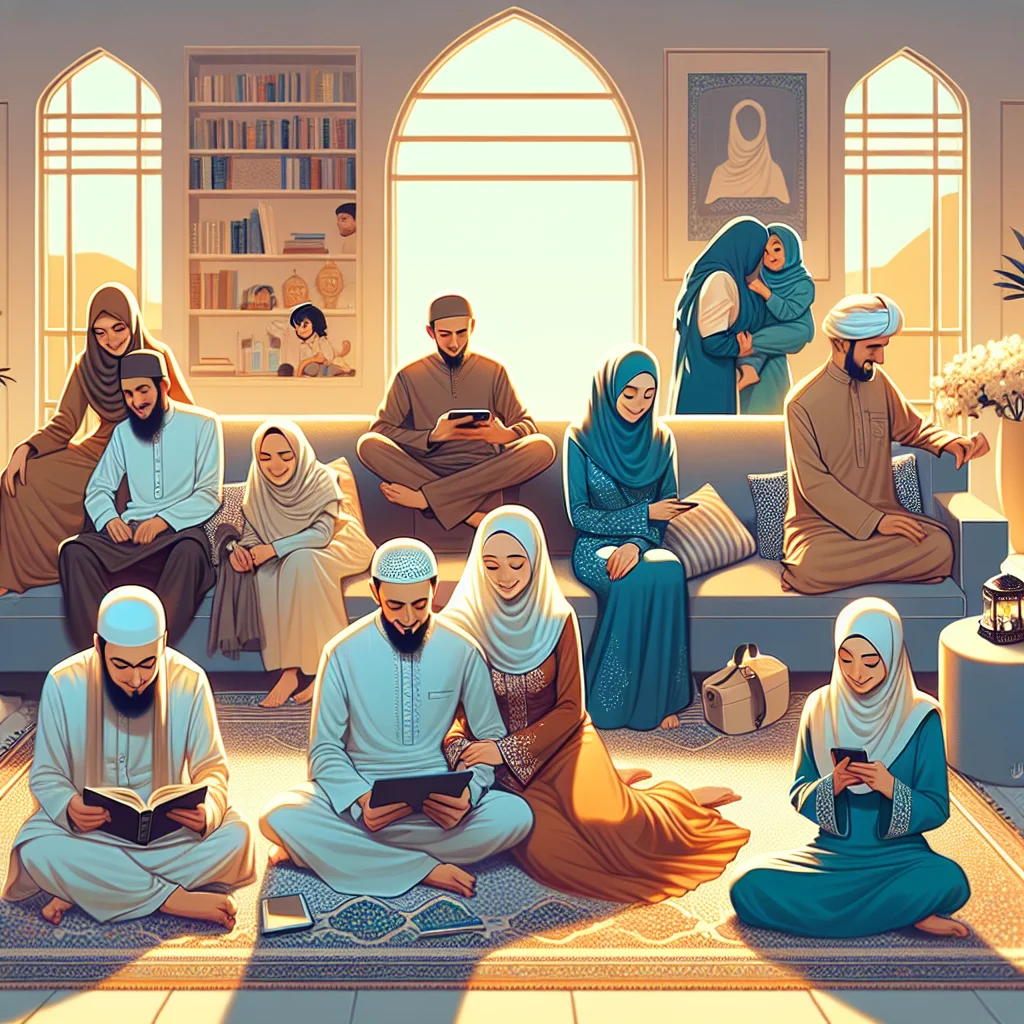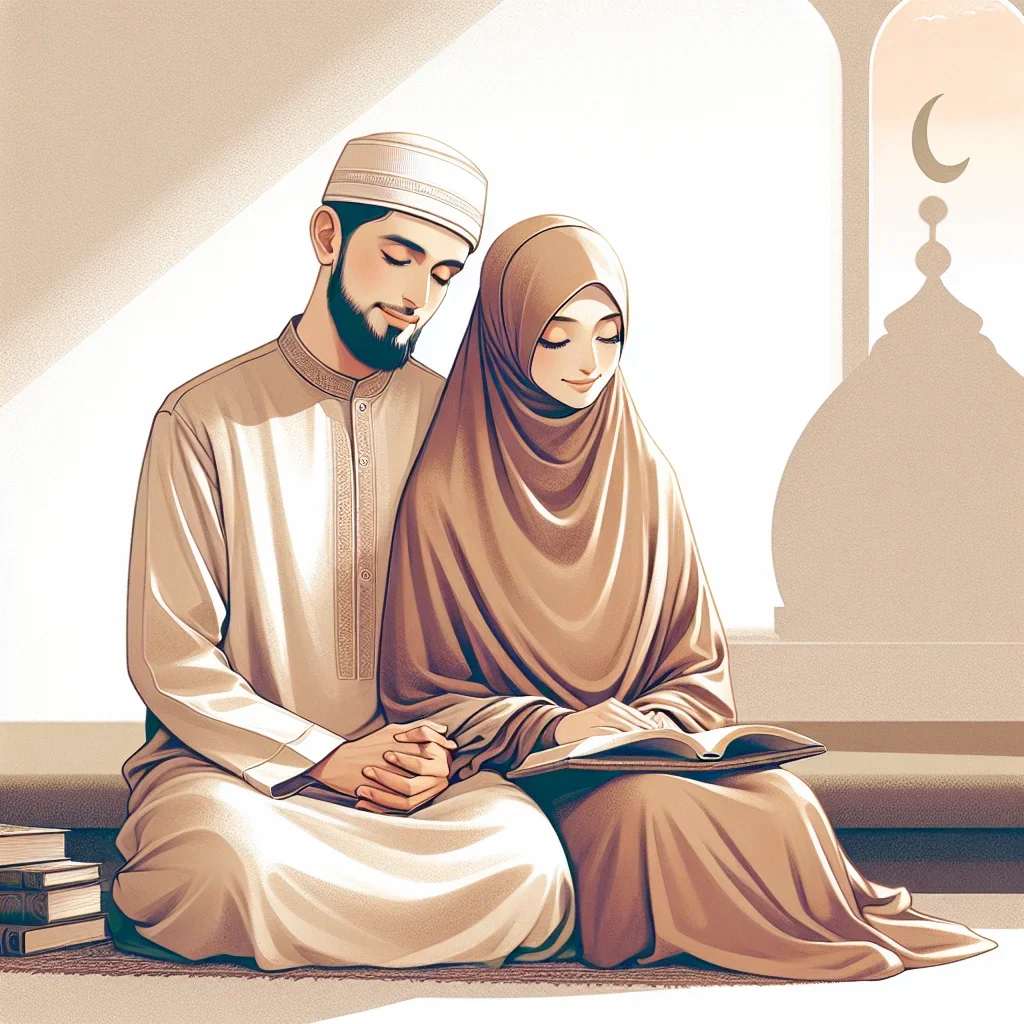Navigating Intercultural Marriage Challenges as a Modern Muslim
Intercultural marriages have become increasingly common in today’s globalized world, where people from different backgrounds and cultures are more likely to meet and fall in love. As a modern Muslim navigating through the complexities of intercultural relationships, it is essential to approach these challenges with an open mind, patience, and a strong foundation in Islamic principles.
One of the key challenges faced by modern Muslims in intercultural marriages is the clash of cultural norms and values. Different cultures may have varying expectations when it comes to marriage rituals, family dynamics, and gender roles. It is crucial for couples to communicate openly and respectfully about their cultural differences and find common ground that aligns with their Islamic beliefs.
Another significant challenge in intercultural marriages is the issue of language barriers. Communication plays a vital role in any relationship, and when partners come from different cultural backgrounds, language differences can lead to misunderstandings and misinterpretations. It is essential for couples to prioritize learning each other’s languages, using translators if necessary, and being patient with one another as they navigate through linguistic challenges.
Moreover, modern Muslim couples in intercultural marriages often face the dilemma of balancing their cultural identity with their religious beliefs. It is crucial for individuals to hold firm to their Islamic values while also respecting and appreciating their partner's cultural heritage. Finding a harmonious blend of cultural traditions and Islamic teachings can strengthen the bond between spouses and create a nurturing environment for a successful marriage.
In addition, intercultural marriages may also pose challenges in terms of family acceptance and societal perceptions. Traditional family members or conservative communities may have reservations about intercultural unions, which can cause tension and strain within the relationship. It is important for couples to maintain open communication with their families, educate them about the beauty of diversity, and seek the guidance of knowledgeable Islamic scholars to address any religious concerns.
When navigating through the challenges of an intercultural marriage as a modern Muslim, it is crucial to prioritize mutual respect, understanding, and compromise. Remember that diversity is a blessing from Allah, and marrying someone from a different culture can broaden your horizons, enhance your empathy, and strengthen your faith.
By embracing the beauty of diversity and working together to overcome obstacles, modern Muslim couples can create a harmonious and loving marriage that is rooted in Islamic principles and shared respect for each other's cultures.
In conclusion, while intercultural marriages may present unique challenges for modern Muslims, approaching these obstacles with faith, patience, and a commitment to understanding is key to building a successful and fulfilling relationship. By upholding the values of Islam, respecting cultural differences, and prioritizing open communication, intercultural couples can navigate through the complexities of marriage with strength and grace.
To find a righteous partner, install the Good Spouse app: http://goodspouse.com/go/en
Install the Good Spouse app: ⬇️⬇️⬇️⬇️⬇️




